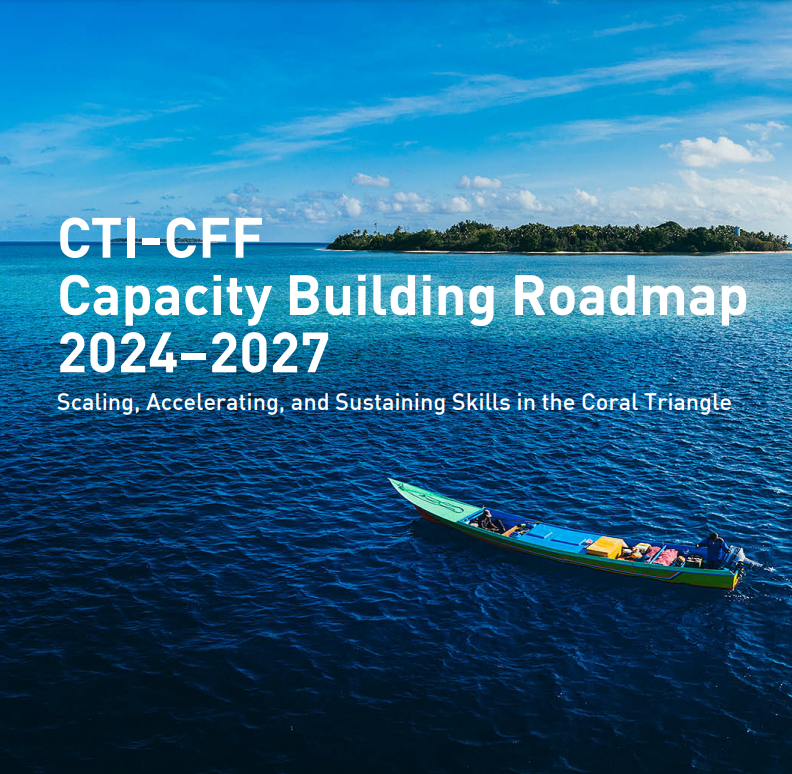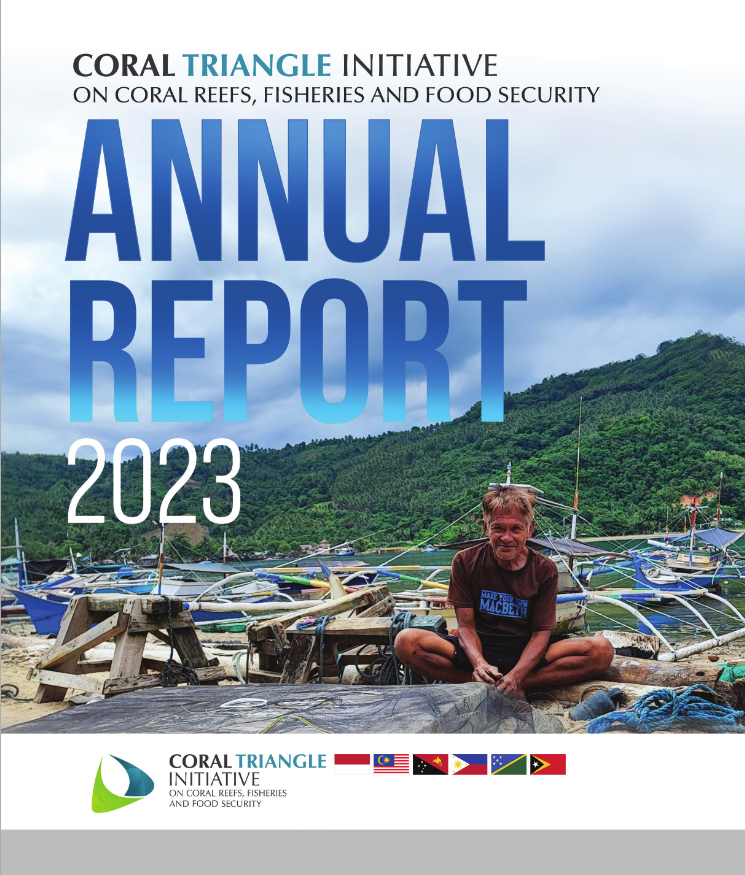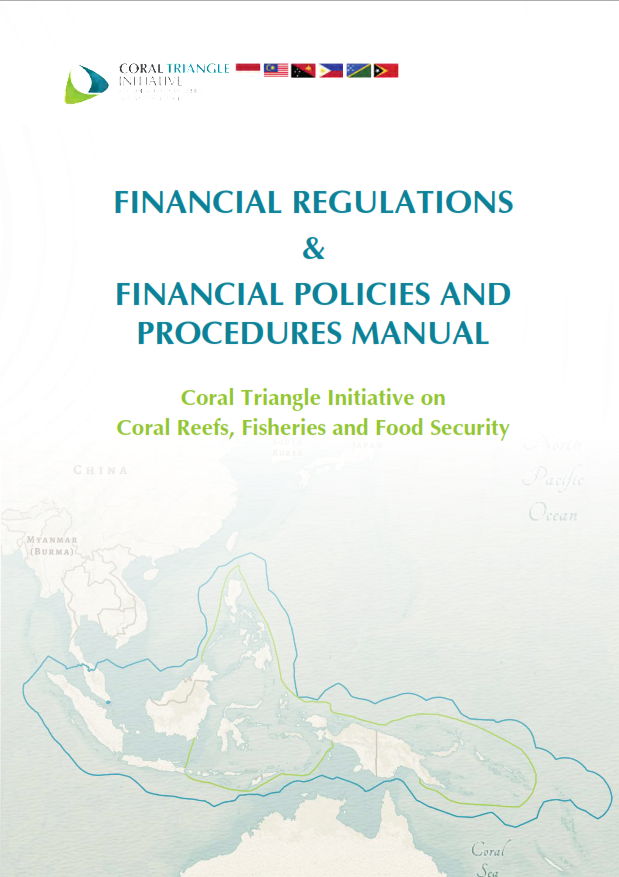Study on CTI-CFF Cites Important Gains
Bolstered by an emerging regional identity, the CTI-CFF member-countries are making tangible progress toward addressing long-term coastal and marine management goals and the policy and management practices needed to halt and reverse destructive trends that have led to and threaten further fisheries and marine habitat collapse in the Coral Triangle.
This is the overall finding of a study conducted last year by researchers from the University of Washington. Focusing primarily on US Government support to CTI-CFF under the US CTI Support Program (US CTI), the study assessed stakeholder perceptions of the effectiveness of CTI-CFF as a multilateral organization and the impacts of ongoing national and local efforts to address coral reef, fisheries and climate issues affecting the region.
“Surveys and interviews of thousands of informants from various levels of society clearly demonstrate that the US CTI program has had a significant positive impact in the CT region . . . Progress was made in terms of both process and outcome—essential ingredients to sustained environmental management programs,” the researchers state in their Final Report: Lessons from the US Coral Triangle Initiative Support Program.
The report notes “modest indications” of positive changes in social and ecological conditions in project sites, with significant advances in planning and implementation of marine protected areas (MPAs), ecosystem approach to fisheries management (EAFM) and climate change adaptation.
The most notable progress appears to be in MPAs. “While MPA enforcement remains inconsistent, national informants [reported] dramatic improvements in the last five years – a likely indication that CTI CFF and US CTI are having positive impact,” the report says. About 85% of national respondents professed to have observed improvements in MPA enforcement, and respondents in project sites with MPAs in their community said they saw significant improvements in fish abundance, coral health and mangrove health during the period.
Increased EAFM awareness is also notable among national and regional respondents, with 94% saying CTI-CFF improved their understanding of ecosystem approaches to fisheries management. Moreover, in project sites, resource users reported a noticeable decline in illegal and destructive fishing in the last five years.
The report also highlights as a major achievement the creation of learning networks at various levels within the region. “Social network analysis and key informant interviews clearly document the progress toward and value of the regional and in-country networks that have been fostered by REXs (regional exchanges) and other means,” the report avers.
The social networks appear to have developed mentoring relationships that have empowered women in the CTI-CFF countries. This is articulated by one informant who is quoted in the report as saying, “Our NCC is more than 60% women [which] influences also the perspectives of the male in society . . . They will always laugh at us because they all say we’ll run logistics but at the end of the day we’ll be there debating on issues of national importance.”
The REXs are also credited by respondents for improving their capacity and exposing them to previously overlooked national issues. The majority of respondents (74%) said the REXs influenced and enabled them to take action in their respective countries.
Indications are unequivocal that CTI-CFF is perceived as having a high degree of importance in the region, with 94% of respondents regarding CTI-CFF as “significant” or “very significant.” On the whole, the report sees an emerging regional identity for Coral Triangle countries, with 95% of national and regional respondents saying CTI-CFF and US CTI helped create “a sense of belonging to the Coral Triangle region.” This is a result of improved communication between countries on issues such as climate change, adds the report, quoting another informant who said that having “something regional that everybody participates in,” and having data to share and compare, “binds people together.”
As well as going to bat for the establishment in 2014 of a Regional Secretariat that is “highly skilled and effective,” the report recommends “the implementation of tangible policies on regional problems such as climate change, illegal, unreported, and unregulated fishing, or unsustainable trade [to] cement and validate the creation of the CTI-CFF and its regional approach to ocean governance.”



